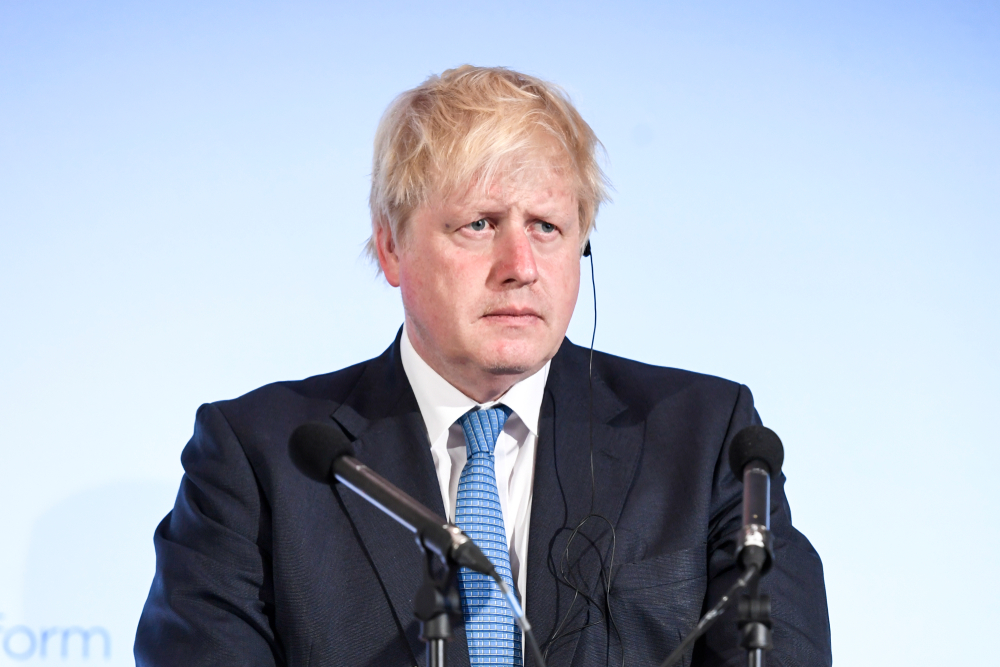UK Prime Minister Boris Johnson is set to take aim at Russian banks as he sets out the UK’s initial set of sanctions in response to the threat of Russia’s invasion of Ukraine.
As the touted invasion intensifies, the rolling out of economic sanctions is likely to deepen, not only from the UK but across the Western world, with widespread warnings to Vladimir Putin being echoed by political leaders.
Addressing Parliament, Johnson stated: “Today, the UK is sanctioning the following five Russian banks: Rossiya, IS Bank, General Bank, promsvyazbank and the Black Sea Bank.
“We are sanctioning three very high net worth individuals: Gennady Timchenko, Boris Rotenberg, and Igor Rotenberg.
“Any assets they hold in the UK will be frozen, the individuals concerned will be banned from travelling here, and we will prohibit all UK individuals and entities from having any dealings with them.”
He added: “This is the first tranche, the first barrage, of what we are prepared to do: we will hold further sanctions at readiness, to be deployed alongside the United States and the European Union if the situation escalates still further.”
Johnson’s actions come amid opposition criticism from Keir Starmer who has accused the government of falling short when it comes to halting the flow of Russian money into the country – underlining that more needs to be done to eradicate its impact on British politics.
The escalation this week follows on from previous warnings issued by the UK Prime Minister that sanctions will be increased and used to target Russian money – potentially removing the region from global payments network SWIFT.
He previously stated that discussions with the United States are ongoing over potentially removing Russia from the network. It’s a move that many believe would hold deep economic consequences for the region, with Johnson himself describing it as something that would ‘no doubt be a very potent weapon’.
Given SWIFT’s pivotal role in supporting the global economy through its provision of secure financial messaging services, shutting out Russia from the network would have severe and widespread economic consequences, exacerbated by its significant presence in the network.
SWIFT, which is overseen by the European Central Bank and the G-10 central banks (Belgium, Canada, France, Germany, Italy, Japan, The Netherlands, United Kingdom, United States, Switzerland, and Sweden), imposed similar sanctions to those that are being brandished towards Russia on Iran in 2012.
Furthermore, in 2018, the global payments network restored certain US sanctions on Iranian banks, subsequently hindering steps being taken at the time from the EU to trade with Iran.
The collateral damage of removing Russia from SWIFT would, however, result in far more collateral damage than the previous moves against Iran, therefore widespread support specifically from EU nations may be seen as essential in taking such economic sanctions.





















